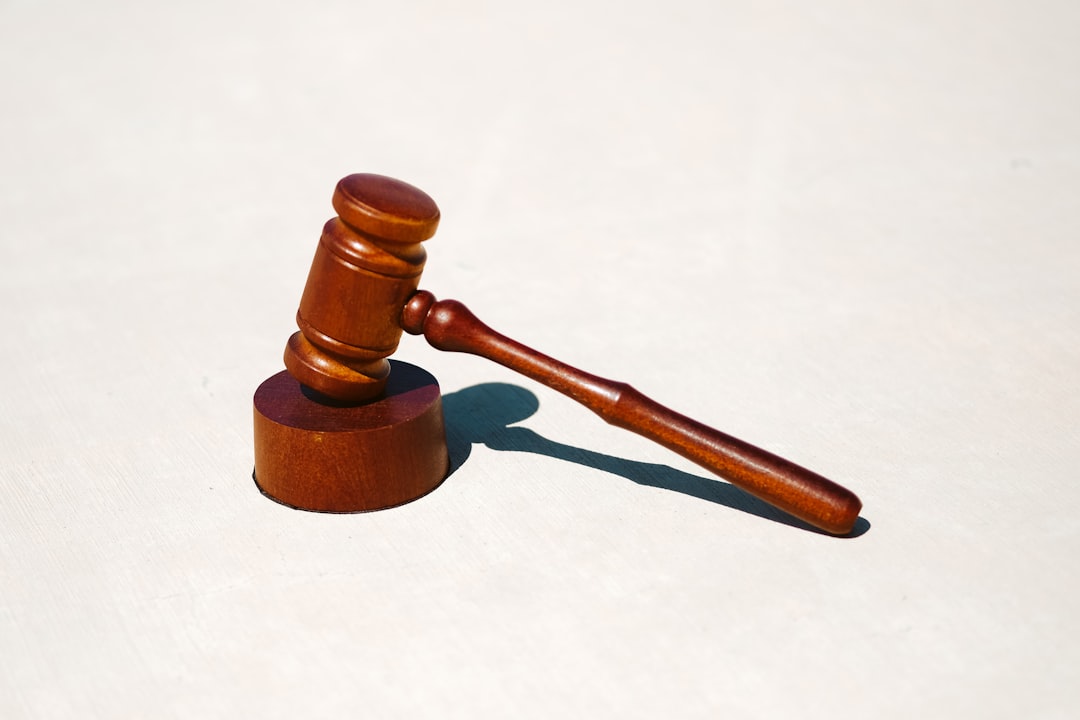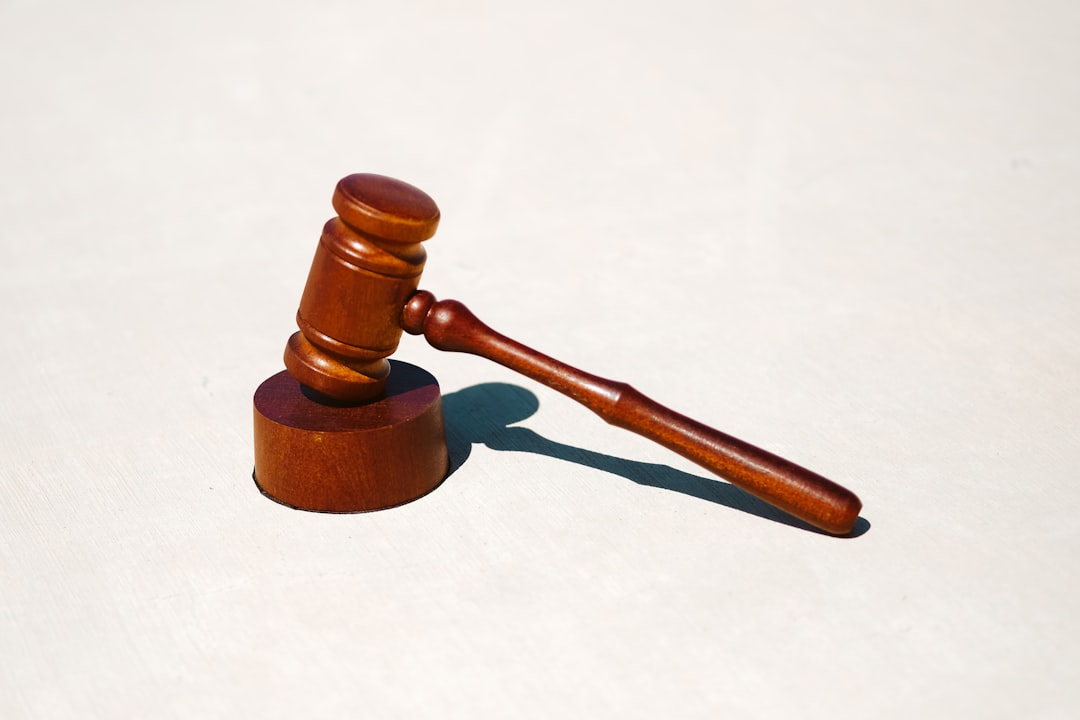In Illinois, navigating sexual abuse cases requires understanding nuanced legal frameworks. This article guides survivors and advocates through the complexities of sexual abuse law in the state. We explore the crucial role that legal professionals play in these cases, offering insights on choosing a competent sexual abuse lawyer in Illinois. Additionally, we delve into post-case considerations and resources to support survivors, emphasizing the importance of proper legal representation in pursuit of justice.
Understanding Sexual Abuse Law in Illinois

In Illinois, sexual abuse laws are designed to protect victims and hold perpetrators accountable. A sexual abuse lawyer in Illinois is well-versed in these laws, which cover a range of offenses, from assault and battery to more serious crimes like rape and child sexual abuse. Understanding these legal frameworks is crucial for anyone considering legal action or seeking support after experiencing sexual misconduct.
Illinois has strict statutes of limitations and specific procedures for reporting and prosecuting sexual abuse cases. A qualified sexual abuse lawyer can guide victims through these processes, ensuring their rights are protected at every step. They play a vital role in navigating the complex legal system, gathering evidence, and advocating for just compensation or restorative justice for their clients.
The Role of Legal Professionals in Abuse Cases

Legal professionals play a pivotal role in holding perpetrators accountable and providing justice for victims of abuse, particularly in cases of sexual abuse. In Illinois, a sexual abuse lawyer is equipped to navigate complex legal systems and advocate for the rights of survivors. These attorneys specialize in understanding the unique challenges faced by individuals who have experienced sexual assault, ensuring they receive the support and representation necessary.
By utilizing their expertise, legal professionals can guide clients through various stages, from initial consultations and evidence collection to negotiations and courtroom proceedings. They fight for fair compensation, work to protect victims’ privacy, and ensure that perpetrators face the consequences of their actions. Their presence is instrumental in fostering a safe environment for survivors to share their stories and seek resolution, thereby contributing significantly to the process of healing and community safety.
Choosing the Right Sexual Abuse Lawyer in Illinois

Choosing a sexual abuse lawyer in Illinois is a crucial step for victims seeking justice. It’s essential to find an attorney who possesses specialized knowledge and experience handling such sensitive cases. Look for lawyers with a proven track record of success, specifically in winning compensation for clients who have experienced sexual abuse within institutions like schools, churches, or care facilities.
Victims should feel comfortable communicating with their lawyer and ensure the attorney maintains open lines of communication throughout the legal process. A good sexual abuse lawyer in Illinois will be empathetic, understanding, and committed to advocating for the rights and best interests of their client. They should also have a deep understanding of the local laws and regulations related to these cases, which can significantly impact the outcome.
Supporting Survivors: Post-Case Considerations and Resources

After a case of sexual abuse in Illinois is resolved, survivors often require extensive support to navigate their emotional and psychological recovery. A skilled sexual abuse lawyer can facilitate access to resources that cater to this crucial phase. Many organizations offer specialized services tailored to help victims heal. These may include therapy programs, support groups, and legal aid aimed at empowering survivors to rebuild their lives.
Legal professionals play a vital role in pointing survivors towards these post-case considerations and resources. They can provide guidance on managing any financial or legal fallout from the case while also offering referrals to trusted care providers. This comprehensive approach ensures that survivors of sexual abuse receive holistic support, addressing both their immediate needs after the trial and their long-term mental health and well-being.






